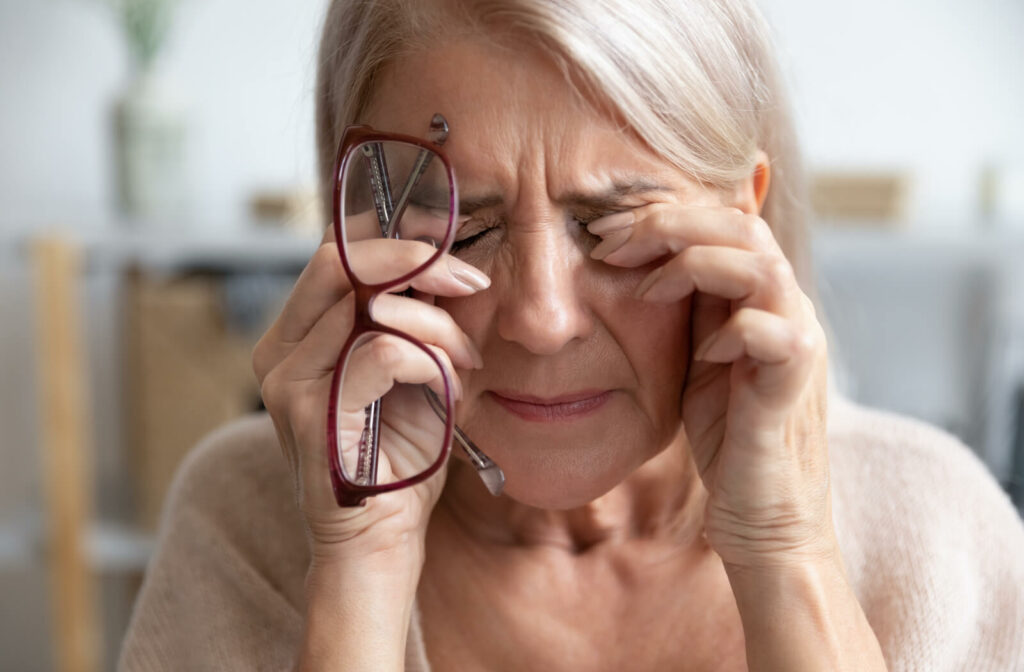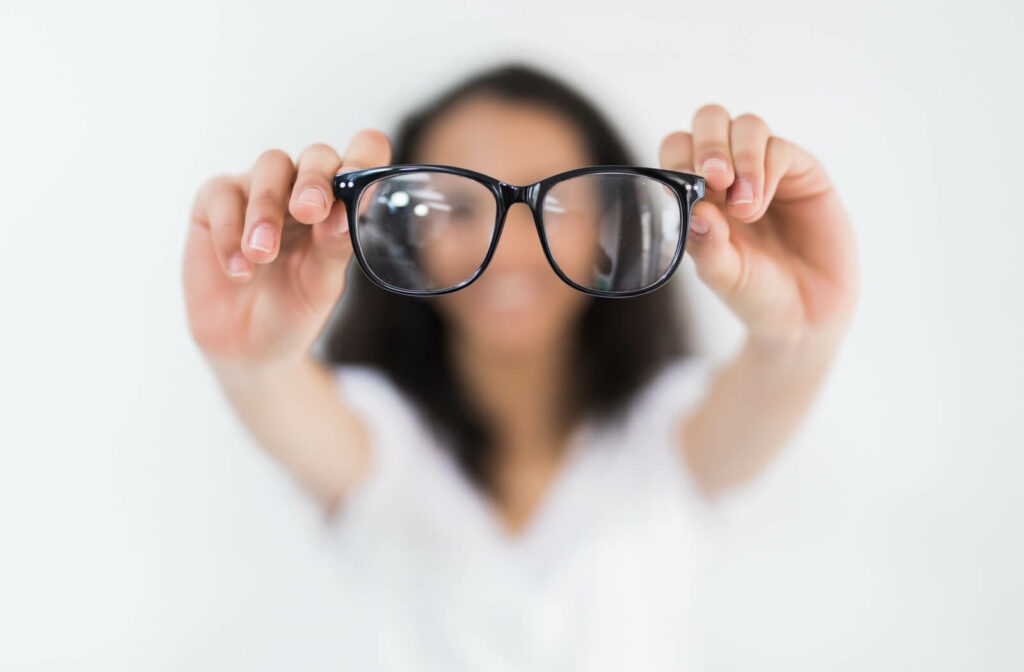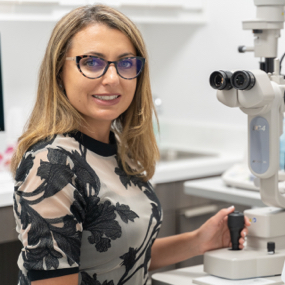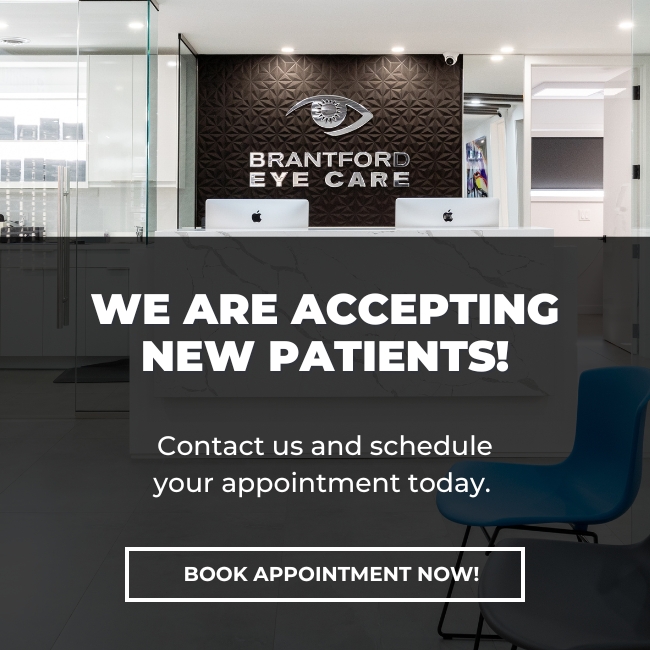When it comes to our health, there are many myths and misconceptions regarding what’s good for us and what isn’t. Some people believe that wearing glasses will actually make their eyes worse.
One of the most likely reasons for the rise of this opinion is that there are times when someone quickly needs a new prescription. For example, say you got your scheduled comprehensive eye exam, and the doctor gives you a new prescription.
Then only a year later, you notice your vision is worse, and you get another eye exam because you are concerned. Sure enough, your prescription has changed, and you need new lenses for your glasses. It’s not a big jump to think that the glasses were the culprit because that’s the only thing that changed, right?
Does Wearing Glasses Make Eyes Worse?
In short, wearing glasses will not make your eyes worse. However, the wrong prescription may impact your comfort and overall eye health. When you get a new prescription, it’s normal to need time for your eyes to adjust—sometimes even a week or two.
If this time passes and you’re still uncomfortable, it’s a good idea to book an examination with your eye doctor for a follow-up. The optometrist can do two things. First, they can confirm your prescription is correct. Plus, they can inspect your lenses to ensure there was no mistake when the manufacturer made them.
Here are several things that can happen if you continue using glasses with the incorrect prescription:
- Headaches or even migraines
- Eye strain
- Eye fatigue
- Potential increase of myopia in children
What About Not Wearing Glasses?
Some people believe that not wearing glasses to correct a refractive error will cause your ocular muscles to work harder. And that this reduces the risk of the error worsening. However, this is not the case. Not wearing glasses when you need them can actually cause more problems.
If you don’t correct your vision with glasses or contact lenses, the resulting eye strain and fatigue can lead to other problems. You may experience issues like lowered work productivity or safety risks regarding dangerous hobbies or jobs.
Reasons for Declining Vision
Just because glasses aren’t the cause doesn’t mean that our vision can’t decline over time. Outside of developing potentially dangerous eye disease that must be managed, even something as simple as a refractive error causing near or farsightedness can worsen.
Here are a few of the common reasons for a decline in vision:
- Age: None of us can avoid getting older and the potential health problems that come with it. All we can do is take the best possible care of our bodies—including our eyes—and hope for the best.
- Eye trauma or surgeries: This is why wearing the right eye protection is crucial if you’re doing something that can harm your eyes. And if you get eye surgery, ensure you follow all the eye doctor’s aftercare recommendations.
- Ultraviolet radiation: Harmful UV rays from the sun can damage our skin and eyes. If you spend a lot of time in the sun, ensure you wear sunglasses that block all or some of these rays.
- Eye disease: Several eye diseases or conditions can cause worsening vision over time. Diabetes, macular degeneration, cataracts, and glaucoma are all examples.

Taking Care of Your Eyes
We’re only born with two eyes; typically, when vision is gone, it’s gone for good. This is why taking care of our eyes throughout our lives is essential.
One of the best defenses against changes in your vision is to get regular eye exams. Many conditions and diseases begin with little to no symptoms. Early diagnosis and treatment are the best way to prevent future vision loss.
The Canadian Association of Optometrists has produced an evidence-based schedule. However, your optometrist may suggest an alternative schedule based on your particular situation.
Here are a few additional things you can do to protect your eyesight:
- Eat a healthy, balanced diet and get lots of exercise
- Always wear sunglasses or other protective eyewear
- Avoid smoking
- Pay attention to changes in your vision
Booking Your Next Eye Exam
It’s important for your eye health to wear glasses or contact lenses if you need them. And it’s also important that you have the correct prescription. In addition to getting your regularly scheduled eye examinations, it’s a good idea to visit the eye doctor if you notice drastic changes in your vision between appointments.
If you need to book an examination, give our office a shout today. The helpful staff at Brantford Eye Care Optometrists is happy to book you in at a convenient time.




